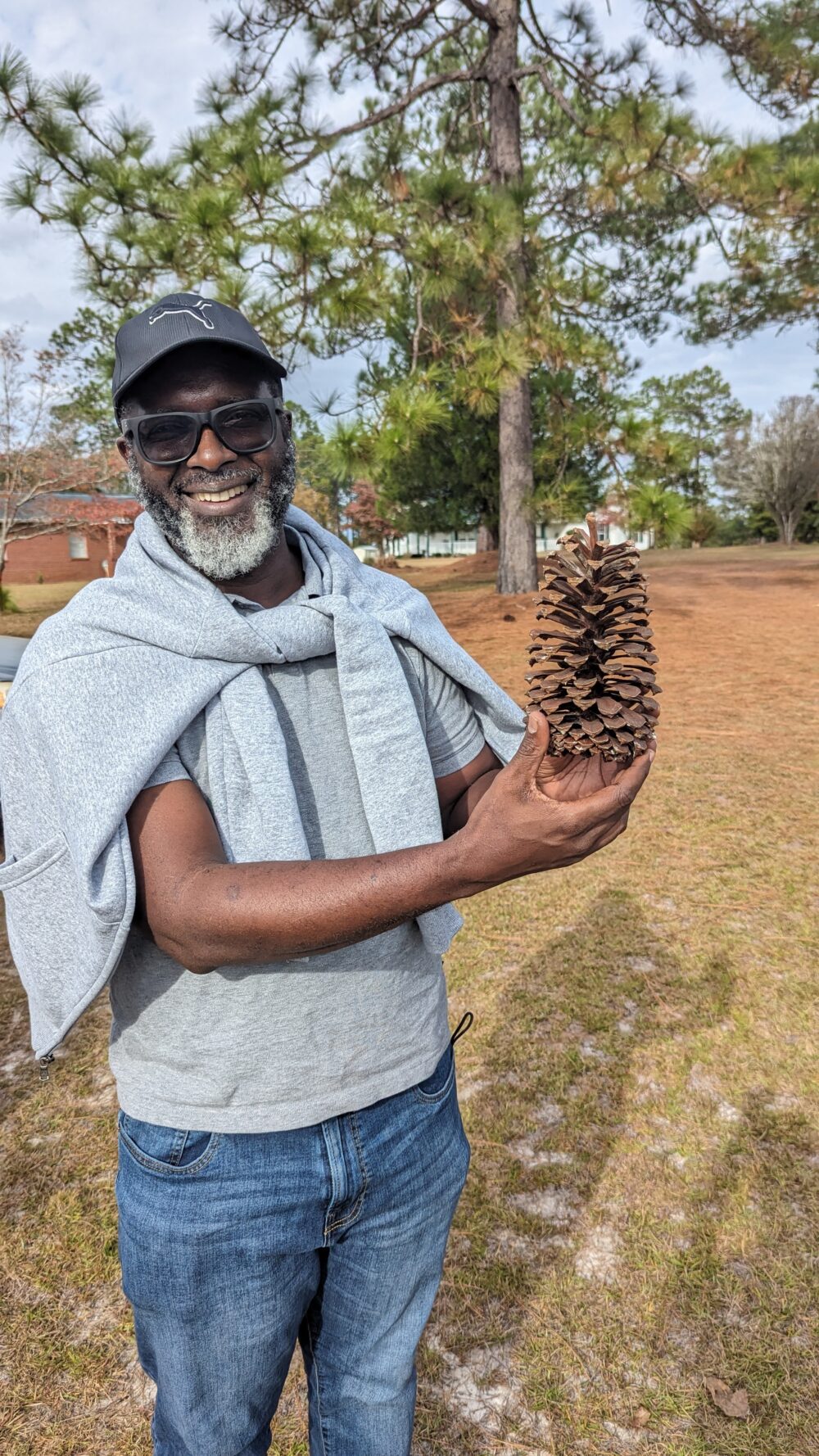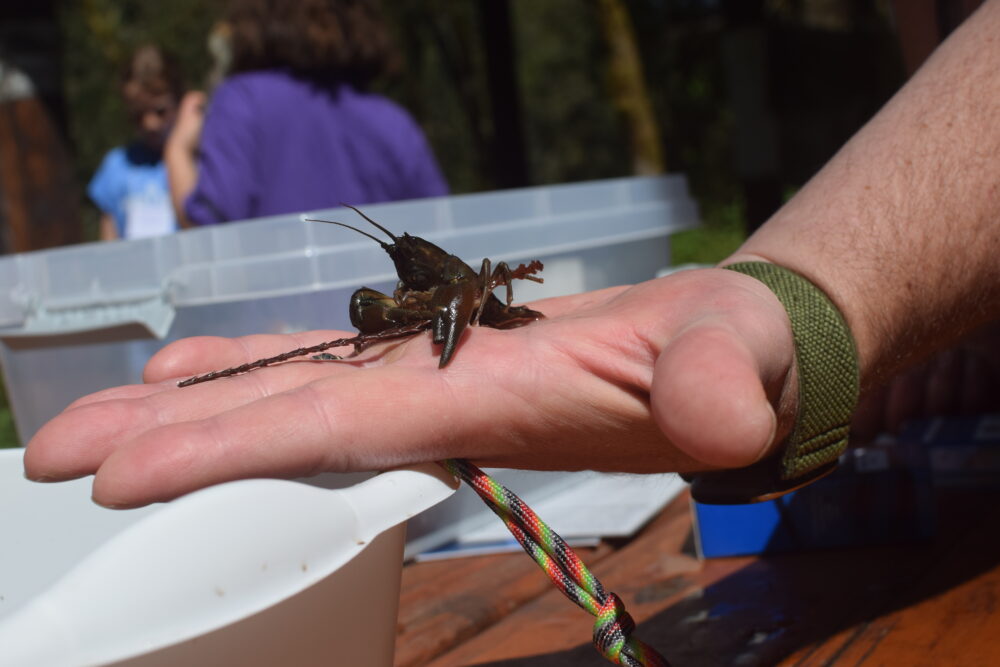We have much more to do and your continued support is needed now more than ever.
Bye Bye Bugs
Spending time outdoors is one of the best parts of summer in most parts of this country. Camping, hiking and combing the beach are all wonders of summer time, but they all have a common enemy…hematophagous critters, a.k.a. blood sucking insects! Not only are these bugs annoying, much more importantly–depending on your location–they could actually jeopardize your life.
Throughout human history, blood sucking insects have devastatingly spread bacteria, viruses, and blood-borne parasites: responsible for an astonishing number of deaths due to bubonic plague, Chagas disease, dengue fever, filariasis, leishmaniasis, Lyme disease, malaria, rabies, sleeping sickness, St. Louis encephalitis, tularemia, typhus, Rocky Mountain spotted fever, West Nile fever and others.
This is not to say you will actually catch any of these while you are exploring the outdoors, it is just to say those diminutive bugs are a force to be reckoned with. In many parts of the world such diseases are still rampant, but luckily here in the U.S. the most common one we have to worry about is West Nile (though the likelihood of you getting that is low–there were only under 3,700 cases last year). Regardless, life is better when we can avoid bug bites. But are there ways of doing this without using the equally hazardous option of DEET-packed bug spray.
DEET, or N-Diethyl-meta-toulamide, is the most widely used active ingredient in bug sprays. DEET should never be used on infants younger than 3 years old. It poses mild risk to children (regardless of concentration), anyone with sensitive skin, or anyone using it repeatedly. Testing has shown that there are positive mutation results in mammal cells, suggesting potential carcinogenic effects. It is also classified as an irritant for skin, eyes and lungs by the European Union. Further animal testing showed brain and nervous system effects at moderate doses along with endocrine system disruption and reproductive effects at high doses. Apart from potential risks to human health, DEET, as a chemical pesticide, is also not so great for the environment, with potential wildlife and environmental toxicity, particularly to freshwater wildlife.
With the potential dangers of conventional bug repellent, there are some great natural ones on the market, but the best way to ensure what is in your product is to make it yourself. It is fun to try and you can rest assured there aren’t any hidden ingredients and you can tailor it to your taste.
** You should note that not all essential oils are safe for use on pregnant women or infants. Always look up the essential oils you are using when you are pregnant, breast feeding, or intending to use on little ones. The best bet for pregnant women who want to avoid bugs is citronella and tea tree essential oils mixed with carrier oil or water.
Making a Natural Bug Repellent Spray
4 oz distilled water
40 drops citronella essential oil
20 drops tea tree essential oil
10 drops peppermint essential oil
10 drops cedar essential oil
10 drops lemongrass essential oil
5 drops basil essential oil
Put your essential oils into a sterile dark colored glass or plastic spray bottle first then fill the rest of the bottle with 4oz of distilled water, pure witch hazel, aloe vera juice, green tea brewed in distilled water, or any combination of these that you like. Shake the mixture before using and then spray on skin before heading out and be sure to keep it near by if you are out and about. You could easily make this a body oil if you’d like more staying power and don’t mind a greasier feel, just replace the water with any carrier oil of your choice but be sure to avoid clothing.
If it is too late and you’ve already been chewed up you can make your own soothing oil to alleviate the itch and irritation of bug bites. * * You should note that not all essential oils are safe for use on pregnant women or infants. Always look up the essential oils you are using when you are pregnant, breast feeding, or intending to use on little ones. The best bet for pregnant women who already have bug bites in search for relief is eucalyptus and lavender essential oils mixed with carrier oil or water.
Making an Anti-itch Bug Bite Soother
4 oz carrier oil of your choice
40 drops peppermint oil
20 drops lavender oil
20 drops tea tree oil
10 drops rosemary oil
I tend to use a blend of apricot kernel and sweet almond oils as my base oil but you can use any vegetable oil you have around; olive oil, canola, sunflower, or soy oil would work just fine. Pour your base oil into a sterile dark colored glass or plastic bottle (if you don’t have one that is dark colored store it in a cabinet, light breaks down the oils rendering it less effective). Add the drops of essential oils. This is a potent blend so be sure to avoid sensitive areas (eyes, nethers, etc). Try a test patch if you are sensitive to be sure it works for your skin type.
Have fun making your goodies and enjoy the great outdoors even more with fewer pesky bugs around!
If you are interested in other handmade eco-friendly skin care products or recipes please visit my website, StrawberryHedgehog.com.




















